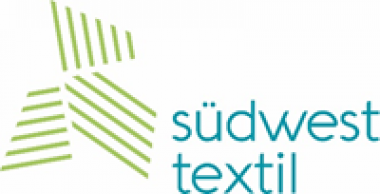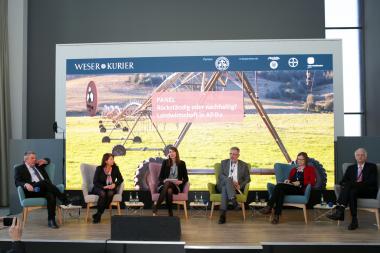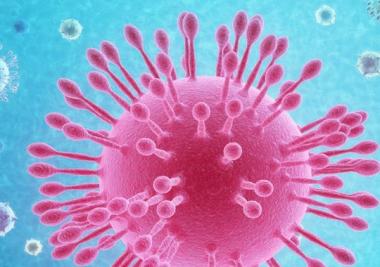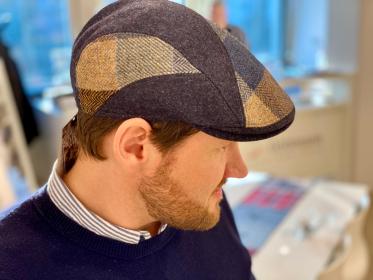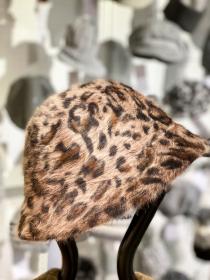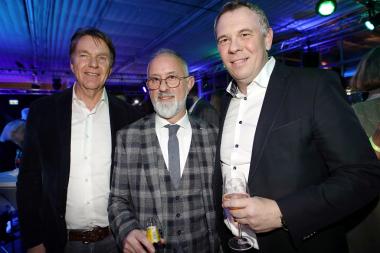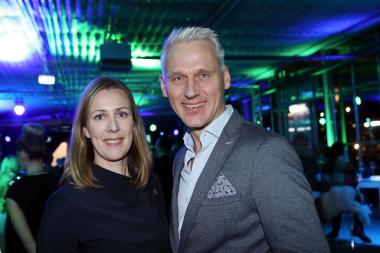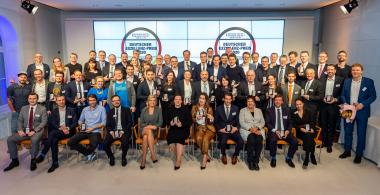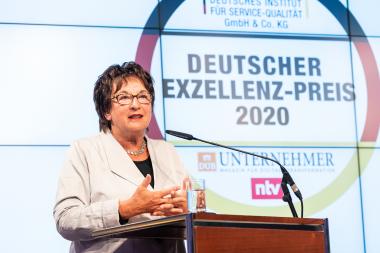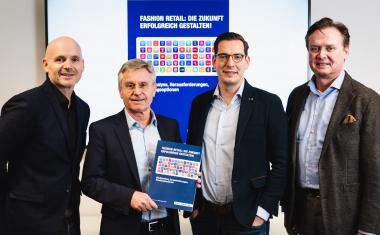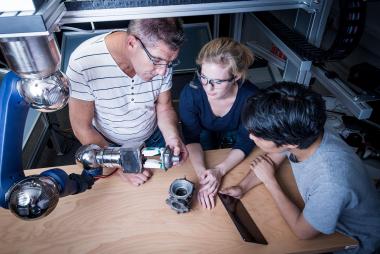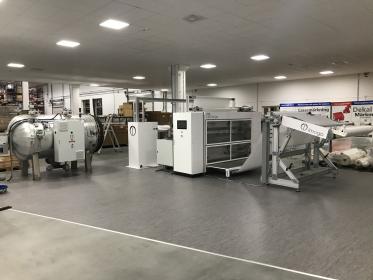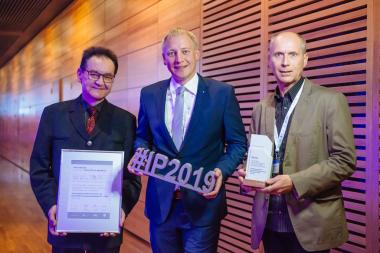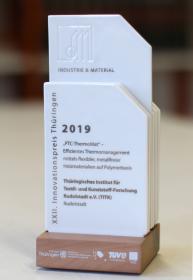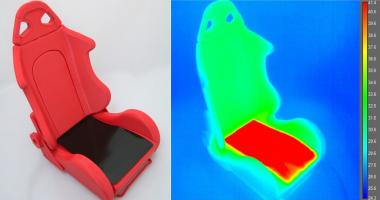Textilarbeitgeber begrüßen Krisenmanagement
Der Wirtschafts- und Arbeitgeberverband Südwesttextil begrüßt die vielfältigen Maßnahmen von Bund und Land, um die Wirkungen der Corona-Krise auf die Wirtschaft abzufedern: So hat Arbeitsminister Heil heute klargestellt, dass das „erleichterte Kurzarbeitergeld“ wegen Corona-Betroffenheit rückwirkend zum 1. März ausgezahlt werden könne. Laut Heil sei die Beantragung für Unternehmen bereits möglich. Zuständig seien die Arbeitsagenturen vor Ort.
Weiter sei die Ankündigung des Bundesfinanzministers, Kredite unbegrenzt zur Verfügung zu stellen, ein wichtiges, vermutlich aber nicht ausreichendes Signal: „Es braucht nicht nur Darlehen und Steuerstundungen. Wir werden auch über Direkthilfen und Zahlungsübernahmen nachdenken müssen. Und: Das Geld muss dann auch rechtzeitig ankommen“, so Südwesttextil-Hauptgeschäftsführer Peter Haas. Puffer verleihe die Ankündigung der Justizministerin, die Insolvenzantragspflicht bis Ende September auszusetzen. Die reguläre Drei-Wochen-Frist sei in der derzeitigen Lage viel zu kurz. Der geplante Shutdown mit Schließung aller Geschäfte bis auf Supermärkte würde die Lage der Bekleidungshersteller noch weiter dramatisieren. Die angekündigten Schließungen von Autofabriken wäre für viele textile Zulieferer im Südwesten eine Hiobsbotschaft. „Wir brauchen jetzt unbürokratische Hilfe und ich kann nur hoffen, dass der Staat solche Abläufe unter dem Druck der Ereignisse organisieren kann“, so Haas. Er wünsche sich von den Bundes- und Landeseinrichtungen jetzt eine Fähigkeit zum Krisenmanagement, wie sie auch von vielen Betrieben derzeit bewiesen werde.
Zur Arbeit des Verbands sagte Haas: „Die Lage verändert sich gerade stündlich. Unser Team ist im Homeoffice, aber vollumfänglich arbeitsfähig. Unsere Juristen beraten unsere Mitglieder seit heute Morgen ununterbrochen. Die digital vernetzte Geschäftsstelle von Südwesttextil funktioniert. Und wir bereiten weitere, auch Live-Kommunikationsplattformen zur tagesaktuellen Information unserer Mitglieder vor.“
Südwesttextil Verband der Südwestdeutschen Textil- und Bekleidungsindustrie Südwesttextil e.V. Coronavirus
Verband der Südwestdeutschen Textil- und Bekleidungsindustrie – Südwesttextil e.V.


